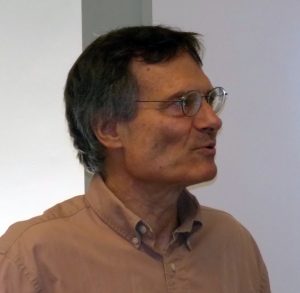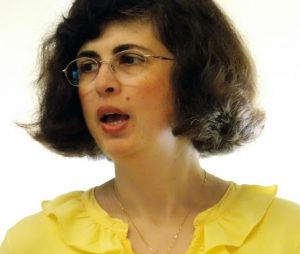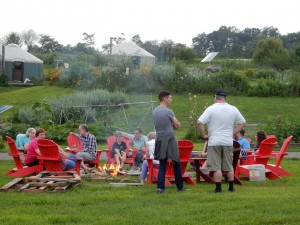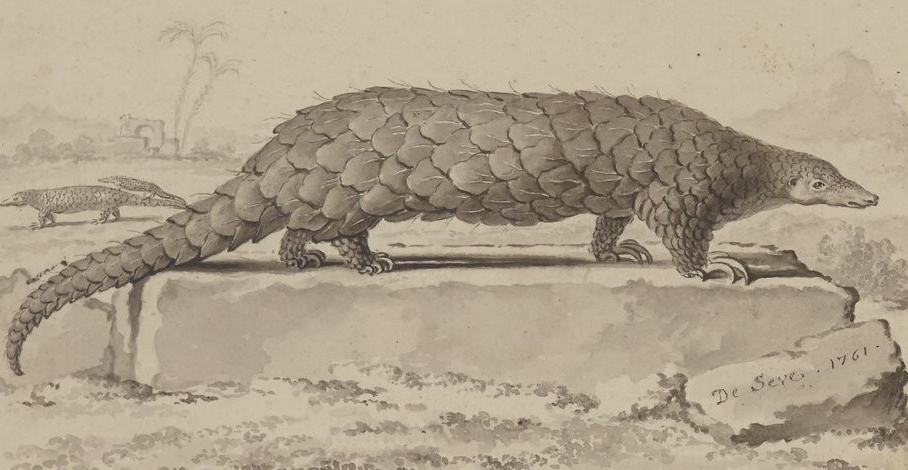Dickinson Latin Workshop
Saturday, October 21, 2017
Creating a Digital Commentary for Teaching
Bret Mulligan (Haverford College) and Chris Francese (Dickinson College)
Place: Dickinson College, Tome Hall 115, 10:00 a.m. — 5:00 p.m.

Do you write your own notes on Latin texts for your students? Are you frustrated with the limitations of Microsoft Word when it comes to parallel display of text, notes, and vocabulary? Now you can create attractive, usable reading texts online with vocabulary lists and notes simultaneously displayed, and the ability to include hyperlinks and add audio-visual material. This workshop will demonstrate and provide practice with a new plugin for the WordPress CMS that mimics the easy-to-read format of Dickinson College Commentaries. In addition, participants will see demonstrations of and practice using a variety of online tools that are helpful in the creation and annotation of reading texts: The Bridge for vocabulary list creation; DCC core vocabulary; Pleiades for geography; digitized grammars and reference works for simplifying annotations; Johan Winge’s macronizer; and others.
This workshop will be of interest primarily to Latin teachers, but others are more than welcome to attend. The workshop is free of charge, but to order materials and food we need to have an accurate count of attendees. For pre-registration please contact Terri Blumenthal: blumentt@dickinson.edu, by October 9, 2017.
Bret Mulligan is Associate Professor of Classics at Haverford College. He is a specialist in Late Antique Latin Literature, and a leading digital classicist. He is project director of The Bridge, the author of Life of Hannibal, Cornelius Nepos (Open Books Publishers and DCC), and a contributor to The Living Past: Recasting the Ancients in Late Latin Poetry (forthcoming, Winter Verlag).
Chris Francese is Asbury J. Clarke Professor of Classical Studies at Dickinson College. He specializes in Latin literature, and is project director of Dickinson College Commentaries. He is the author of Ancient Rome in So Many Words (Hippocrene 2007), and Ancient Rome: An Anthology of Sources (Hackett, 2014).



